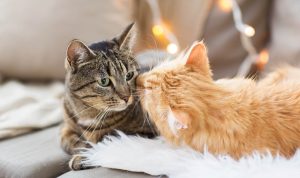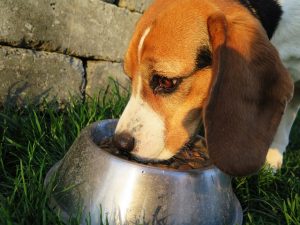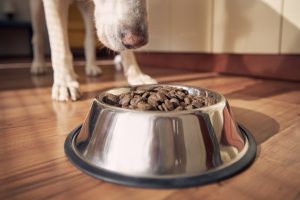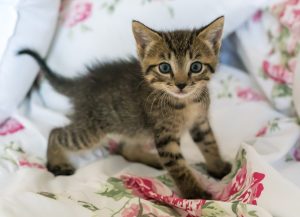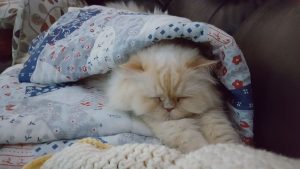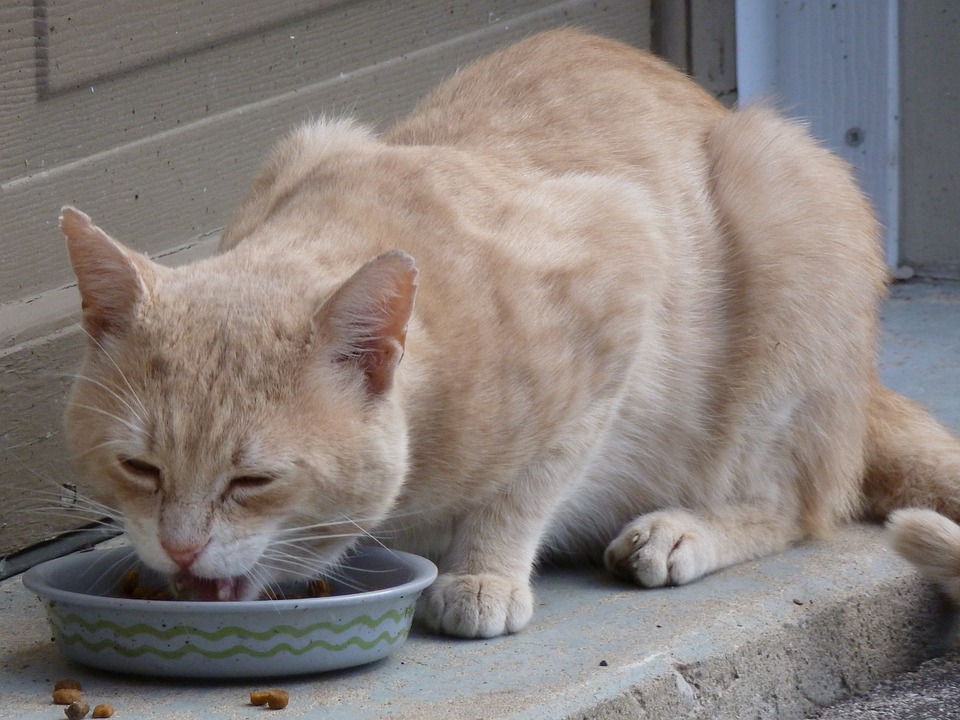
Many cats vomit up their food regularly. This is usually normal, but sometimes vomiting can indicate a health problem. It is essential to understand why cats suddenly become nauseous to maintain their health.
1) Hairballs and Vomiting
Cats can ingest large amounts of hair when bathing and leave it behind as hairballs. Here you will clearly see vomiting with lots of hair.
Does your cat suffer from hairballs too? Then the following will help:
- Brush your cat regularly to remove excess hair
- Distribute the food in small portions several times a day
- Include cat grass: it helps cats vomit more easily and promotes healthy bowel function.
- Special anti-furball foods are effective. There is no scientific proof, but many cat owners are convinced of this.
2) Bad Food Combination
It is also possible that the cat has eaten “something bad”. For example, something in the litter box, nauseating prey, or leftovers from the kitchen. This is usually harmless vomiting, and observing the cat’s behavior is essential. If the cat becomes lively and energetic again after vomiting, there is usually nothing to worry about. Clean up the vomit, and that is it. Does the cat remain unwell? Then call the vet.
3) Eating Too Quickly
Cats can vomit if they eat food too quickly. If they swallow food, they will vomit it up quickly.
4) Don’t Allow Overeating
- Allow the cat to eat alone in a quiet place where there are no other animals.
- Feed the cat several times a day, in small portions
- Give the cat smaller grains.
Tip: Do you feed your cat out of the refrigerator? This can cause the cat to vomit. Instead, feed the food to the cat at room temperature.
Greedy cats often eat large amounts of food quickly and vomit. Does the cat vomit after eating a small amount of food? If so, it may be ill and should consult a veterinarian.

Acute or Chronic Vomiting: Illness or Poisoning
If the vomiting is only occasional, due to hairballs or too much food too soon, there is nothing to worry about. However, if the frequency of vomiting suddenly changes, there may be a cause.
Acute vomiting: If the cat suddenly vomits profusely and has other symptoms, it may be poisoning or illness. If, in addition to acute vomiting, the cat shows signs of lack of energy, diarrhea, drinking or overeating, profusely, or difficulty urinating, you should be concerned. Contact a veterinarian immediately – the risk of dehydration is high.
Chronic vomiting: If vomiting is more frequent and more prolonged than usual (3 or more days in a row), there may be an underlying disease. It could be an organ (stomach, intestines, liver, thyroid) or an infection (worm or virus). Contact a veterinarian.
When contacting your veterinarian, providing as much information as possible is essential. It is crucial to observe your cat carefully before cleaning up any vomit. Observe the cat’s behavior and provide information to the veterinarian.
Why Is My Cat Eating His Own Vomit?
Innocent vomiting often occurs within two hours after eating. Much like the first meal, this vomit does not stay in the stomach for long. It comes out all at once without much effort and is often in the form of a cigar. While this is not new to us, it is normal behavior for cats. Behavioral scientists believe cats like it because it resembles “normal” food.
Also, vomit from illness or poisoning looks more “digested” and often has a yellowish color. Cats also have a harder time coughing, tightening their stomachs to expel food, and shake their heads more often. Clean up vomit as quickly as possible to prevent the cat from eating it again.
Share your tips with us in the comments below!
